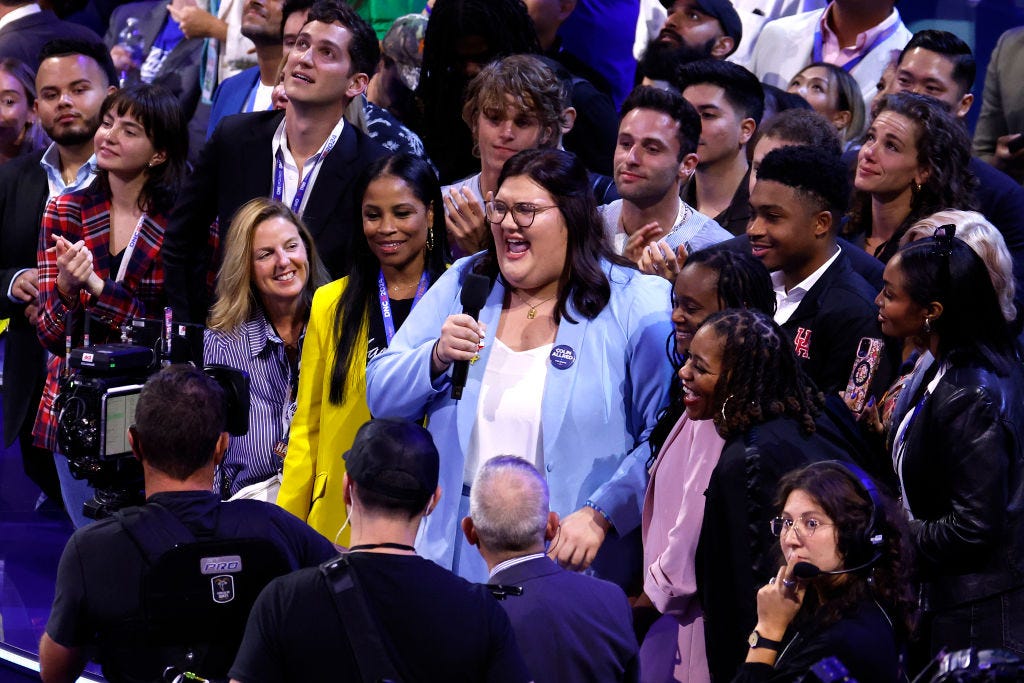Resistance — or obstruction?
Activist and influencer Olivia Julianna on Gen Z's political vision, working in Republican spaces, and how she hopes to get things done in the Trump years
Olivia Julianna broke out as a Democratic political influencer in 2022 when then-Republican representative Matt Gaetz — well known for his problematic behavior toward teenage girls — tried to bully the then 19-year-old activist and political strategist for her weight. In an impressive piece of messaging jiu-jitsu, she used the viral moment to raise $2 m…
Keep reading with a 7-day free trial
Subscribe to The.Ink to keep reading this post and get 7 days of free access to the full post archives.





